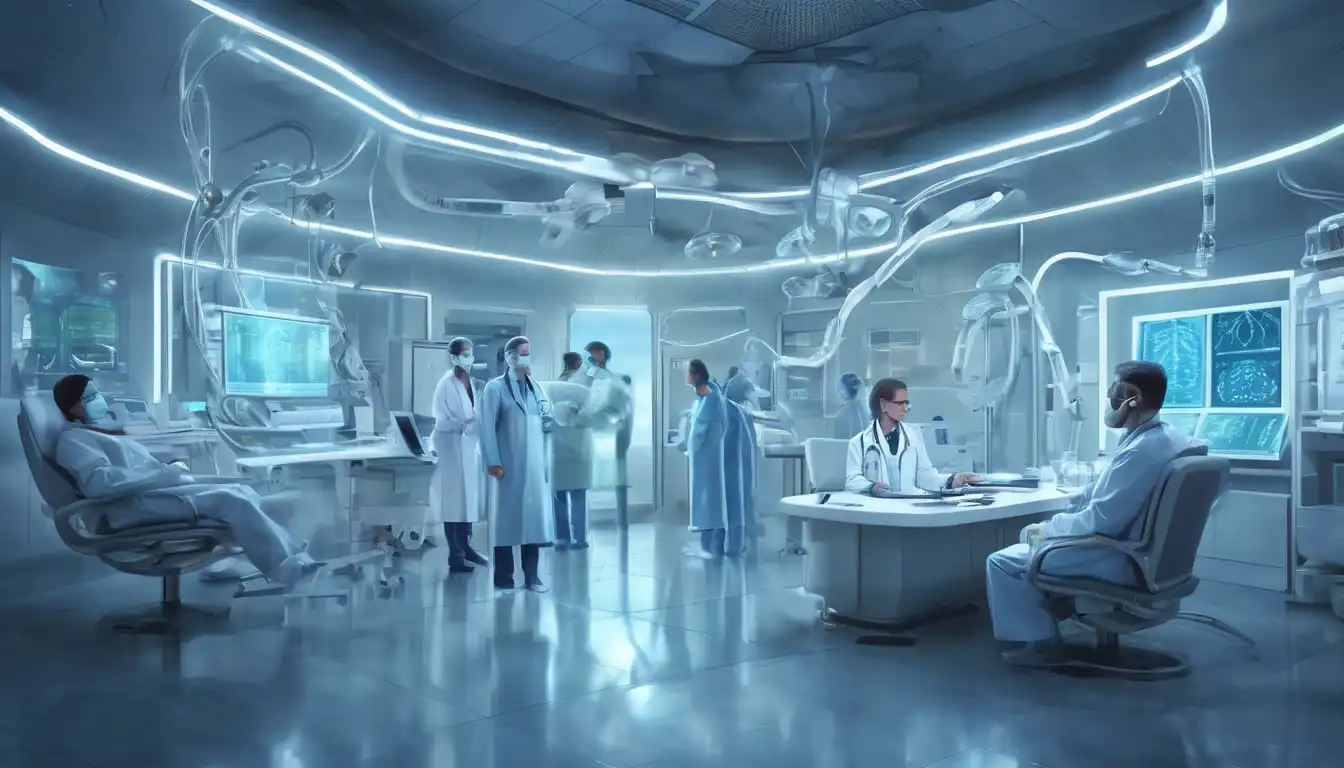Introduction to AI in Healthcare
Artificial Intelligence (AI) is revolutionizing the healthcare industry by offering innovative solutions to complex problems. From diagnostics to treatment personalization, AI's role in modern healthcare is undeniable. This article explores how AI is transforming healthcare solutions, making them more efficient, accurate, and accessible.
Enhancing Diagnostic Accuracy
AI algorithms are capable of analyzing vast amounts of data quickly and with high precision. This capability is particularly beneficial in diagnostics, where AI can identify patterns invisible to the human eye. For instance, AI-powered imaging tools can detect early signs of diseases such as cancer, significantly improving patient outcomes.
Personalizing Patient Care
Personalization is another area where AI shines. By analyzing patient data, AI can help healthcare providers tailor treatments to individual needs. This approach not only improves efficacy but also minimizes side effects, leading to better patient satisfaction and outcomes.
Streamlining Administrative Processes
Beyond clinical applications, AI is streamlining administrative tasks in healthcare. From scheduling appointments to processing insurance claims, AI reduces the burden on staff, allowing them to focus more on patient care. This efficiency can lead to reduced healthcare costs and improved service delivery.
Challenges and Ethical Considerations
Despite its benefits, the integration of AI into healthcare is not without challenges. Issues such as data privacy, security, and ethical considerations must be addressed to ensure that AI solutions are implemented responsibly. It's crucial for stakeholders to collaborate in creating frameworks that safeguard patient interests while harnessing AI's potential.
Conclusion
The role of AI in modern healthcare solutions is transformative, offering unprecedented opportunities to enhance patient care, improve diagnostic accuracy, and streamline operations. As technology evolves, so too will the possibilities for AI in healthcare, promising a future where healthcare is more personalized, efficient, and accessible to all.
For more insights into how technology is shaping the future of healthcare, explore our technology trends section.
